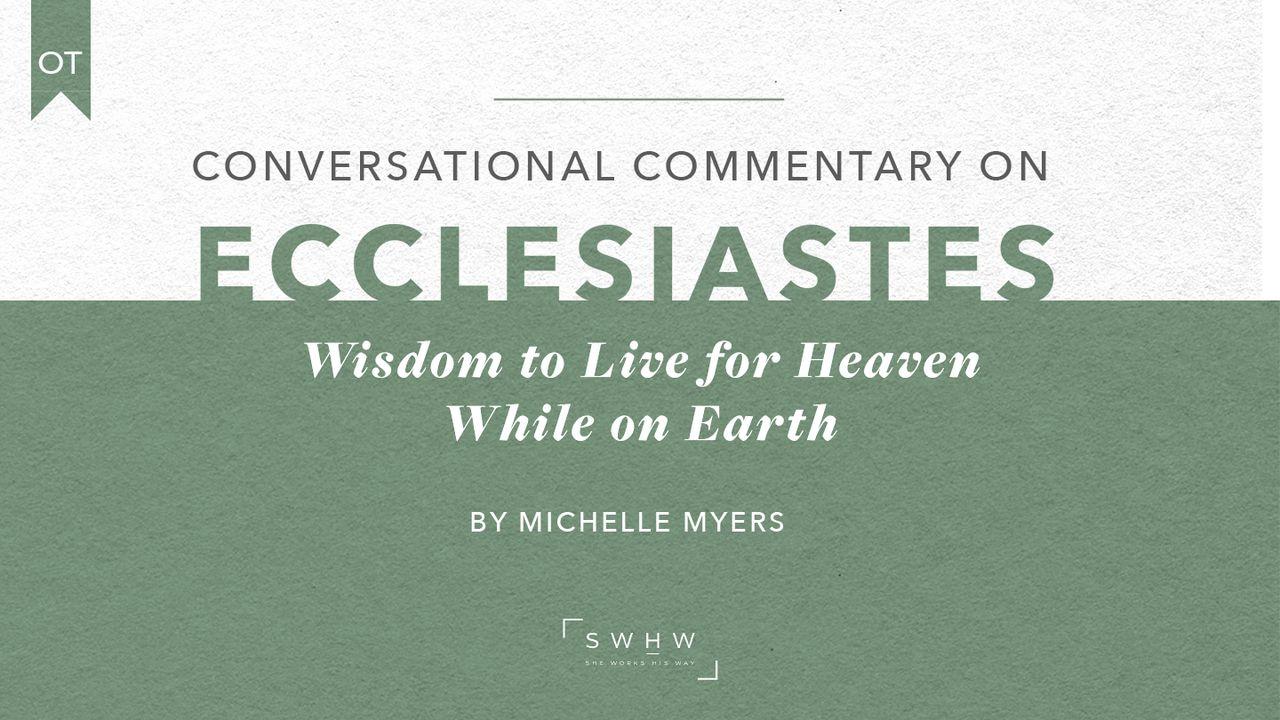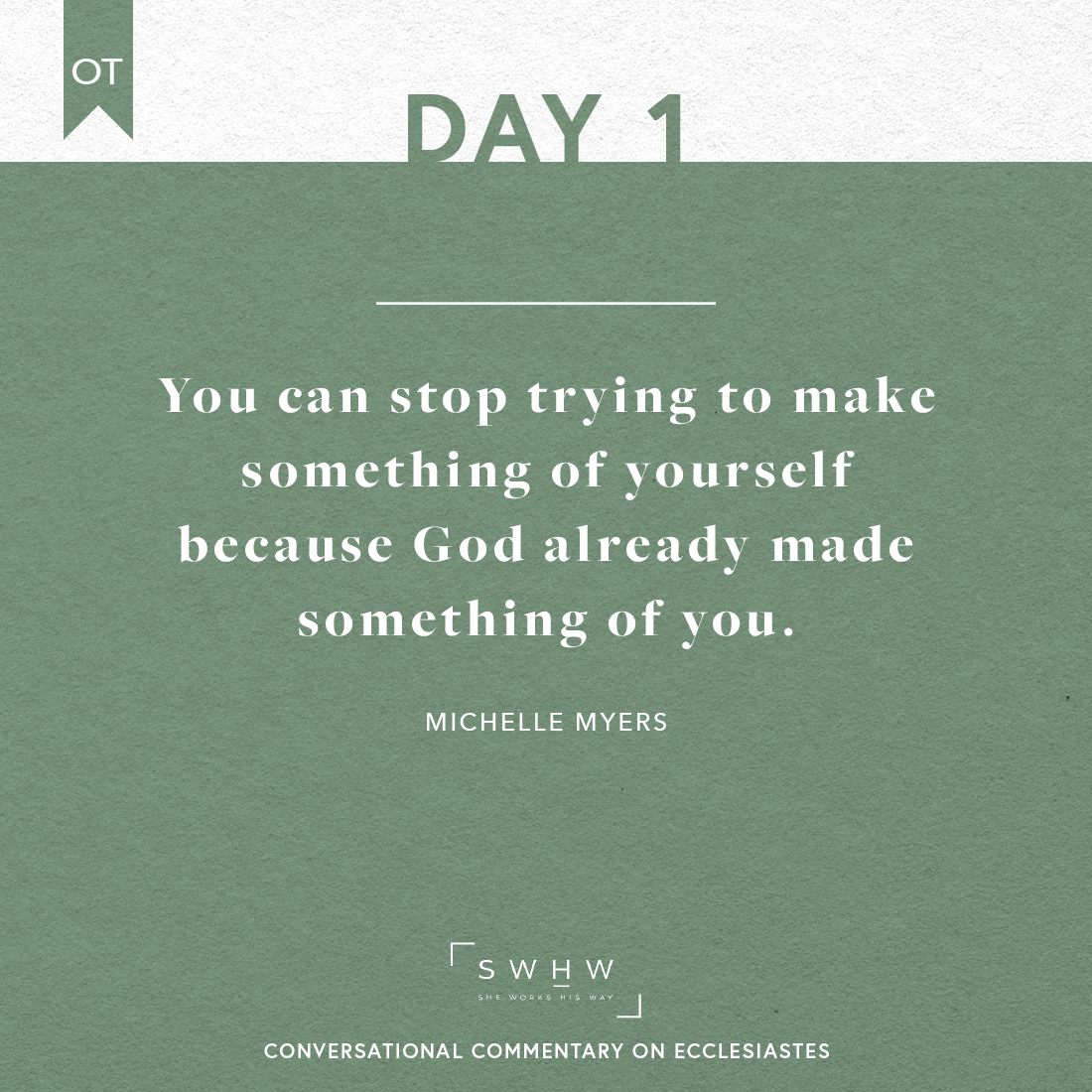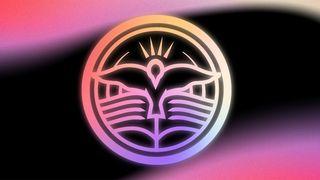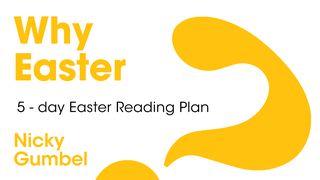Ecclesiastes: Wisdom to Live for Heaven While on EarthSýnishorn


Ecclesiastes is most widely believed to have been written by King Solomon near the end of his life, around 935 B.C. It is one of four books classified as “wisdom literature” in Scripture. (The other three are Job, Proverbs, and Song of Solomon.) Ecclesiastes provides wisdom for how we should handle our relationship with the world and all it has to offer us.
And in terms of what the world has to offer us? Solomon had it all:
Power.
Money.
Possessions.
Success.
Intelligence.
Position.
His conclusion? It’s all meaningless.
Solomon had a strong start to his reign. He loved the Lord and obeyed most of the Lord’s commands. In 1 Kings 3, God offers to give Solomon whatever he wants, and Solomon humbly asks for wisdom.
Pleased that Solomon did not ask for long life, wealth, or death of his enemies, God promises to give Solomon wisdom that no one has ever had or will have in addition to promising him riches and fame. But having wisdom and doing what is wise are not always the same, and that’s what ultimately marks much of Solomon’s life: subtle compromise and inaction on what he knew to be right.
To the watching world, Solomon was greatly admired, but to his own people, he was largely known for both overworking and overtaxing them. His greatest praise came from those who knew him least.
We don’t know much about the very end of Solomon’s reign, but the tone of Ecclesiastes helps us to be able to fill in the gaps of Solomon’s story: the tale of a leader who started strong… but didn’t finish well.
As he writes Ecclesiastes, nearing the end of his life, we see a man looking back with regret. Regret that for much of his life, he chose the world and didn’t choose God.
Because of that, Ecclesiastes is frequently described as pessimistic, cynical, gloomy, and downright depressing.
I see it differently, and I hope you will too. Yes, Solomon communicates his regret over and over again. But beyond just regret, there’s also repentance.
Ecclesiastes is his desperate plea to proclaim the goodness, the fullness, and the satisfaction that is only found in God. Solomon’s tried it all, been it all, and had it all. He knows first-hand that everything the world offers us is a counterfeit offer of what God has already given us. He is confident the world can’t deliver on its promises – but God can. He’s desperate for others to learn from his mistakes instead of having to make them on their own.
It reminds me of something I realized years after my recovery, reflecting back on my eating disorder: The emptiest of emptiness doesn’t occur when you simply don’t get what the world offers. It’s actually when you achieve everything the world convinced you that you needed, but the reality sinks in that what you worked so hard for is completely worthless.
For four years, nearly every decision I made revolved around my appearance. Despite my meticulous regimen of what I did or didn’t eat, obsessive workouts and hours spent researching how to burn or cut more calories, and all the people and places I avoided to protect my gym schedule and food rituals – nothing was ever enough.
I won pageant crowns and got modeling jobs. I bought the smallest size in clothes and would still need to have them taken in. I ran marathons and taught fitness classes. But the achievements, the attention, and being “skinny” didn’t bring me the satisfaction the world promised it would.
Only Jesus can deliver on that promise.
That’s exactly what Solomon desperately tries to communicate in Ecclesiastes: You can stop trying to make something of yourself because God already made something of you.
Jesus is purpose.
Jesus is satisfaction.
Jesus is meaning.
Jesus is pleasure.
Jesus is adventure.
Jesus is completion.
Ecclesiastes may expose the world’s relentless cycle of empty promises, but it’s not without hope. Quite the opposite actually. Solomon finally realizes the difference between the temporary and the eternal. Ecclesiastes is his best attempt to give us wisdom to live for heaven while on earth.
God, I don’t want to wait until the end of my life to recognize You for all You are – my Creator, my Sustainer, and my Everything. It’s not just Solomon who tried everything the world had to offer him, but I can fall for culture’s claims too. I know You already gave me everything I need and more than I deserve in Jesus. Give me the wisdom I need to live for You alone. I love You and I trust You. Amen.
Ritningin
About this Plan

Ecclesiastes is frequently described as pessimistic, but after these 5 days, you’ll see it as one of the most encouraging books of the Bible. Solomon basically takes the filter off the world, exposing its relentless cycle of empty promises, compared to the eternal hope God freely gives us.
More








